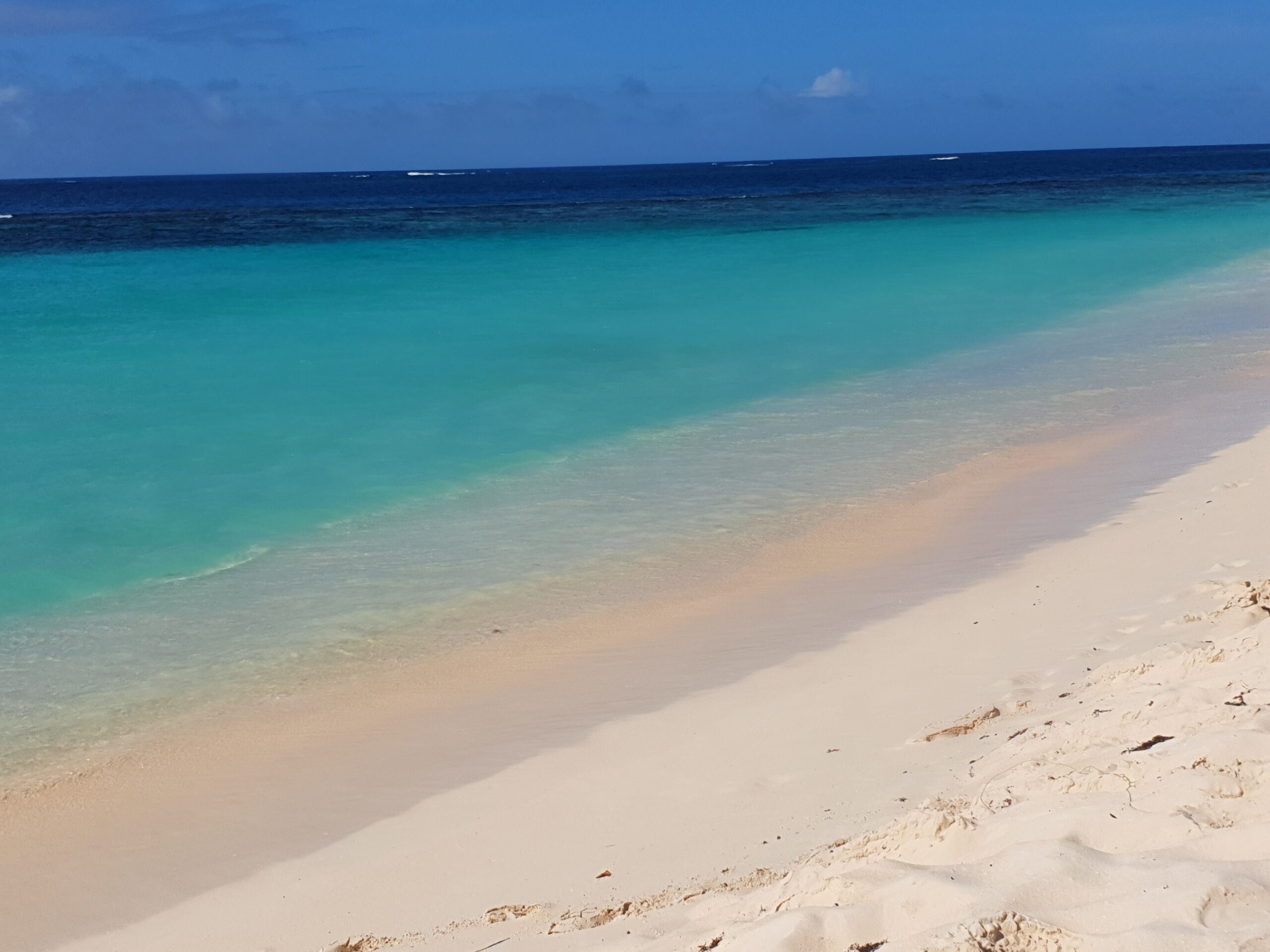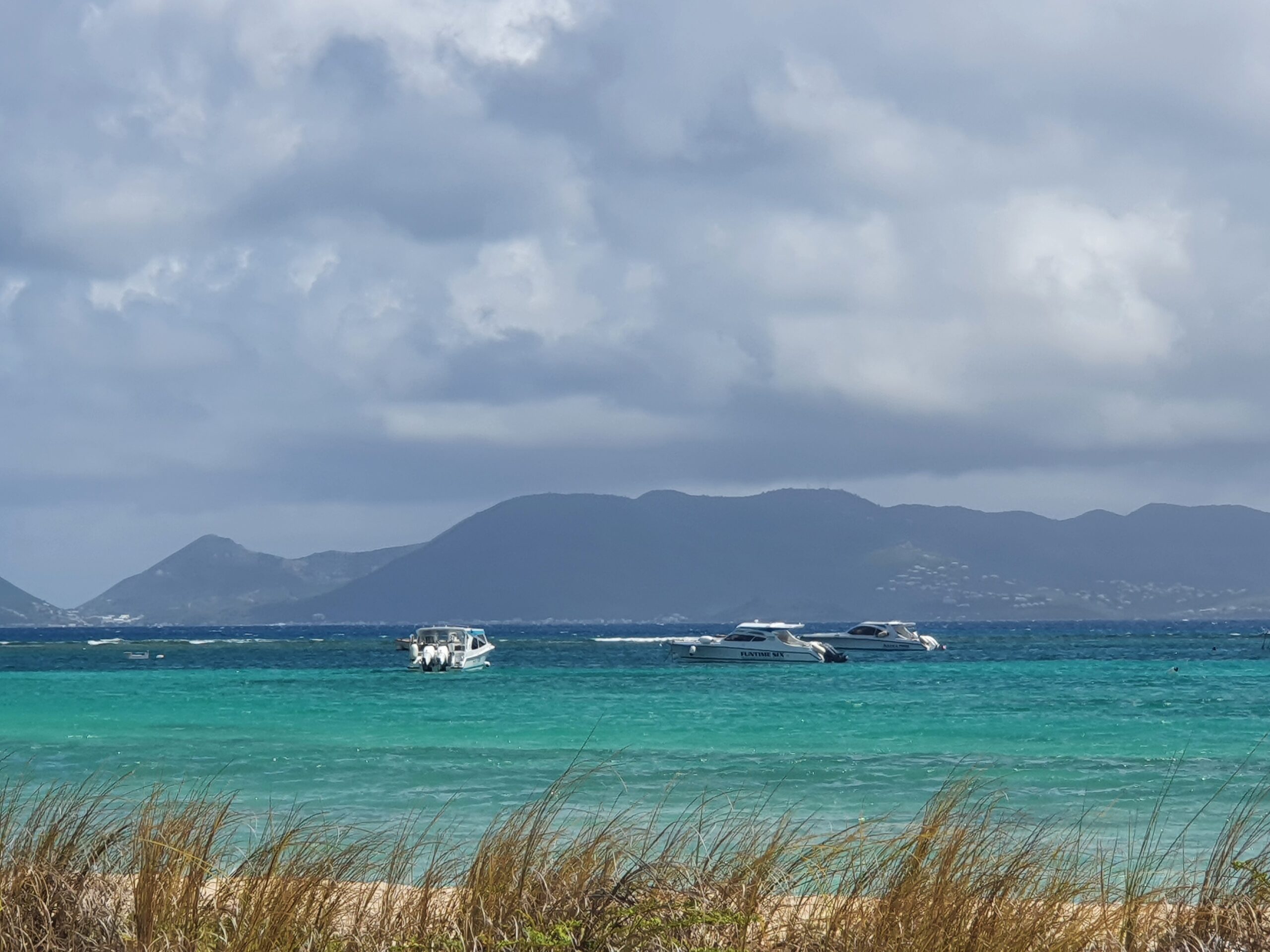My journey with Ecosystem Accounting began in 2018, when a National Ecosystem Assessment was done for Montserrat. It highlighted the need for accurate spatial data in order to understand the total economic value of the Montserrat environment. The work that was done by Environment Systems focused on Earth Observation (EO) based Mapping and Interpretation, which developed a detailed map of terrestrial habitats on Montserrat. This, combined with the marine data which was collected by the Waitt Institute through the Blue Halo Project provided a good base to report on the extent and condition of the ecosystems in Montserrat.

My colleague and I, are pictured below with the awesome team in 2018 at Environment Systems in Aberystwyth, Wales. We spent two days together, learning and sharing about ecosystem services, spatial metrics, rasterization and Sentinel data.

Now, four (4) years later, Montserrat along with four other British Overseas Territories have been able to complete their 2020 Ecosystem accounts with guidance from eftec, funded by a Darwin Plus Project and in collaboration with the Joint Nature Conservation Committee (JNCC).

The 1st Ecosystem Accounting Conference for the British Overseas Territories was held March 1-3, 2022 in Anguilla. This brought together practitioners from Montserrat, Turks and Caicos, Cayman Islands, British Virgin Islands and Anguilla. Persons who specialize in natural resources and statistics from each of the various islands were present.

By reporting on the contributions of ecosystems to a society’s well being in monetary terms, helps us all to compare the value of ecosystems more easily against other goods and services that we are more familiar with. In other words, the accounts provide a framework for the collection and presentation of environmental and economic data, so that the value nature provides can be better understood. This provides an evidence base to support environmentally and economically sustainable decision making,
Montserrat’s Chief Statistician, Ms. Siobhan Tuitt shared a thorough report of how the 2020 ecosystems accounts were compiled and any challenges that were faced in sourcing the data.



During a breakout session, I had the most exciting opportunity to share where we get our mapping data from and how this data fits into our ecosystem account.

Anguilla was ideally suited to hosting the conference, as this location provided many opportunities to visualize the value of ecosystems. Here are a few of the pictures that I captured. These pictures are worth a lot more than a thousand words!



















It was indeed a pleasure to attend the 1st Caribbean Ecosystem Accounting Overseas Territories Conference. We are now focused on the ways in which these ecosystems can be best managed to ensure continued services and benefits to the people who use them.



